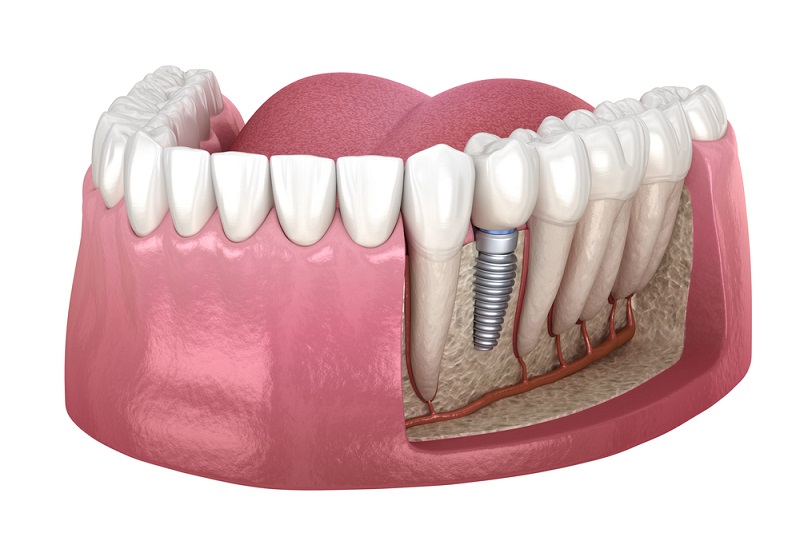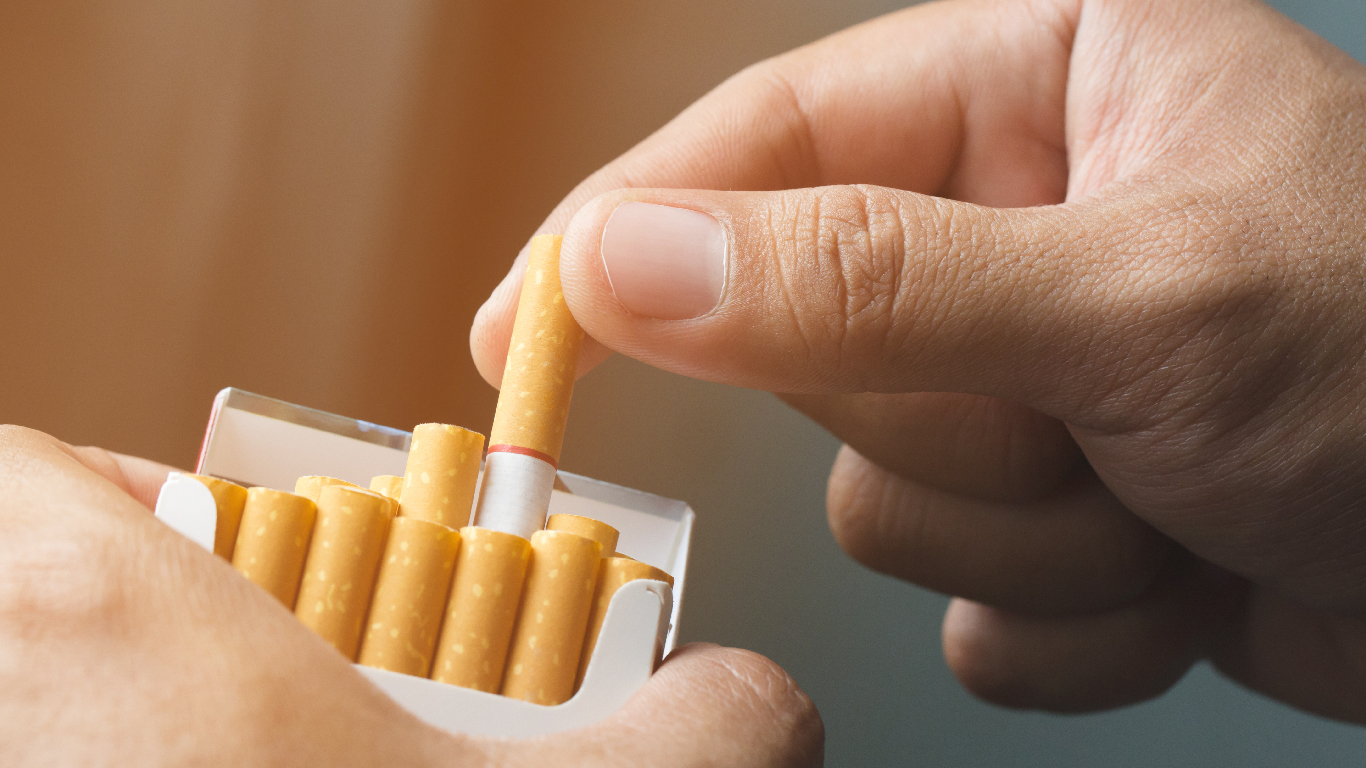Welcome to our latest blog post! We all know that a healthy lifestyle is essential for maintaining overall well-being. However, did you know that oral health care is critical for maintaining a healthy body? Your teeth are more than just tools for chewing; they play an integral role in your overall health. Neglecting your oral hygiene can lead to various diseases and infections, affecting not only your mouth but also the rest of your body. So let’s dive into the importance of proper oral health care and how it begins with healthy teeth!
The Importance of Oral Health
Oral health is often neglected, but it plays a significant role in our overall well-being. Our mouth is the gateway to our body and can give an insight into our general health. Poor oral hygiene can lead to various diseases such as gum disease, tooth decay, bad breath, and even systemic illnesses.
Moreover, poor oral hygiene has been linked to heart disease, diabetes complications and respiratory infections. It’s essential to maintain good oral health by adopting healthy habits such as brushing regularly with fluoride toothpaste at least twice a day for two minutes each time. Flossing daily should also be incorporated into your routine.
Additionally, consuming healthy foods rich in vitamins and minerals is crucial for maintaining strong teeth and gums. Limiting sugary drinks and snacks that are harmful to your teeth is also vital.
Taking care of your oral health not only keeps you free from dental problems but can improve your overall quality of life. Remember that prevention is better than cure when it comes to dental problems; so make sure you prioritize regular visits to the dentist!
How to Maintain Good Oral Health
Maintaining good oral health is crucial for one’s overall well-being. Here are some tips to help you maintain healthy teeth and gums.
1. Brush twice a day: Brushing your teeth twice a day with fluoride toothpaste helps remove plaque and prevent tooth decay.
2. Floss daily: Flossing removes food particles and plaque from between your teeth and along the gum line, preventing cavities and gum disease.
3. Use mouthwash: Mouthwash kills germs that cause bad breath, plaque buildup, gingivitis, and other dental problems.
4. Eat a balanced diet: Eating foods rich in vitamins A, C, D, calcium and phosphorus can help keep your teeth strong and healthy.
5. Avoid sugary drinks/foods: Sugary drinks/foods promote bacteria growth which leads to cavities formation on the surface of the tooth enamel
6. Visit your dentist regularly: Regular visits to your dentist can catch any potential issues before they become major problems
By following these simple steps mentioned above as part of a consistent oral hygiene routine will go a long way towards maintaining optimal oral health throughout life!
Foods to Avoid for Healthy Teeth
Eating a well-balanced diet is essential for maintaining good oral health. However, some foods can be detrimental to your teeth and overall oral hygiene. One such food group is sugary or acidic drinks like soda, energy drinks, and fruit juices.
The high sugar content in these beverages increases the production of acid in your mouth that can erode the enamel on your teeth over time. It’s best to avoid or limit consumption of them as much as possible.
Starchy snacks like chips and crackers are also culprits when it comes to tooth decay since they tend to stick around longer in your mouth. Bacteria present in our mouths thrive on starches which can cause plaque buildup leading to cavities.
Another food group that you might want to stay away from are candies, especially hard ones like lollipops and jawbreakers. These types of sweets take longer periods of time for our saliva glands’ natural cleansing process to wash out all the sugars – thus increasing chances for cavity formation.
In addition, biting down hard on ice cubes might feel refreshing during hot summer days but doing so can crack or chip a tooth altogether!
Therefore being mindful about what we consume regularly not only helps maintain healthy teeth but also promotes better overall health by avoiding unnecessary dental work done later on in life.
Common Oral Health Problems
Maintaining good oral health is essential for overall well-being. Yet despite our best efforts, many of us experience common oral health issues at some point in our lives. These can range from mild discomfort to severe pain and require timely intervention to prevent further damage.
One of the most common problems is tooth decay, which occurs when bacteria in plaque produce acid that attacks the enamel on teeth. This results in cavities or holes that need to be filled by a dentist using dental crowns or other restorative materials. There are also different types of dental crowns and brands of materials available.
Gum disease is another prevalent problem caused by poor oral hygiene habits. It begins with gingivitis, an inflammation of the gums that can progress into periodontitis if left untreated. In severe cases, it can lead to tooth loss and other serious health complications such as heart disease and diabetes.
Sensitive teeth are also a significant issue experienced by many people due to exposed roots or worn enamel caused by brushing too hard or consuming acidic foods and drinks regularly.
Oral cancer is another concern affecting millions worldwide with symptoms like persistent mouth sores, swelling, lumps on lips or tongue which needs early detection through regular check-ups with dentists.
Maintaining good oral care practices like brushing twice daily with fluoride toothpaste, flossing regularly along Tongue Scraper usage for eliminating toxins from your mouth surfaces will reduce the occurrence of these conditions while ensuring healthy teeth & gums throughout life!
When to See a Dentist
Regular dental check-ups are important for maintaining good oral health. It is recommended that you see your dentist at least twice a year, even if you don’t have any noticeable problems with your teeth or gums.
However, there are times when you should schedule an appointment with your dentist outside of these routine visits. If you experience tooth pain or sensitivity, bleeding gums, persistent bad breath or other concerning symptoms in the mouth area, it’s important to seek professional advice as soon as possible.
Another reason to visit a dentist is for preventive measures. Dental professionals can perform regular cleanings and examinations that help prevent future dental problems from occurring. They can also provide guidance on proper oral hygiene practices and recommend specific treatments tailored to your individual needs.
In some cases, more specialized care may be necessary due to issues such as gum disease or tooth decay. In these situations, seeing a specialist like an endodontist or periodontist may be required.
Taking care of your oral health means being proactive about visiting the dentist regularly and seeking their advice when needed. Don’t wait until it’s too late – take action now by scheduling an appointment with your local dental provider!
Conclusion
Taking care of your oral health is crucial to maintaining a healthy body. By following simple habits such as brushing and flossing regularly, avoiding sugary foods and drinks, and visiting the dentist when necessary, you can prevent common oral health problems like cavities and gum disease.
If you do experience issues with your teeth or gums, don’t hesitate to see a dentist. They can provide treatment options such as dental crowns made from different types of materials to restore damaged teeth.
Remember that good oral hygiene is not just about having a bright smile; it’s also about ensuring overall health and wellbeing. So make sure to prioritize your dental health by incorporating these tips into your daily routine.
Health Begins With Healthy Teeth

Tagged:oral health care







